Context
Since Windows 10 version 2004 update, the Magnifier windows application was updated. And as with every update, there are some issues with it.
Since those issues might take a long time to fix, I've decided to implement my own small project full screen magnifier.
I've been developing in c#, .Net 4.6 using the Magnification API from windows magnification.dll . All went good and well, and the main functionality is now implemented. One thing is missing though, a smoothing Mode for pixelated content... Windows Magnifier implements an anti aliasing/ smoothing to the Zoomed in content.
I've checked and the Magnification API, doesn't seem to provide that option.
how do i add smoothing mode to magnifier on windows magnification API?
I'm aware of pixel smoothing methods, but not familiar with win32 API to know where to hook the smoothing method to, before the screen refreshes.
EDIT:
Thanks to @IInspectable answer, after a small search i found this call to the Magnification API in a python project.
Based on that, I wrote this snippet in my C# application , and it works as intended!
[DllImport("Magnification.dll")]
private static extern bool MagSetFullscreenUseBitmapSmoothing(bool useSmoothing);
...
var isMagnifierInitialized = MagInitialize();
var isSmoothingActive = MagSetFullscreenUseBitmapSmoothing(true);
